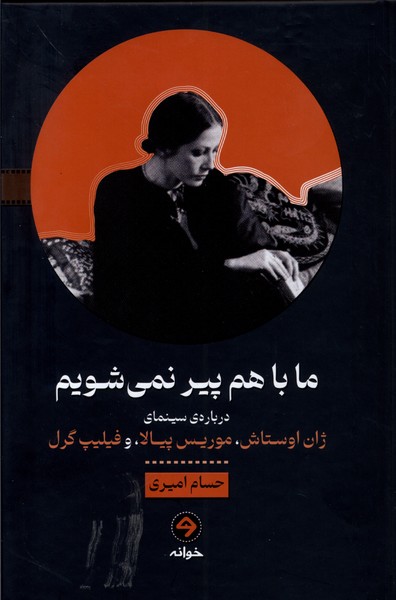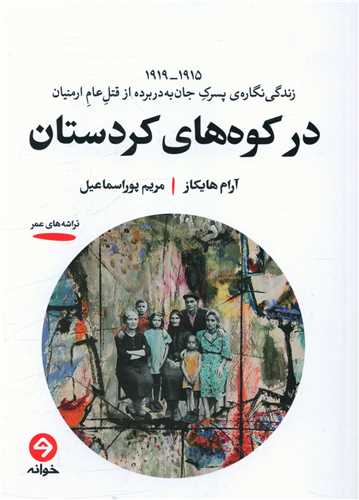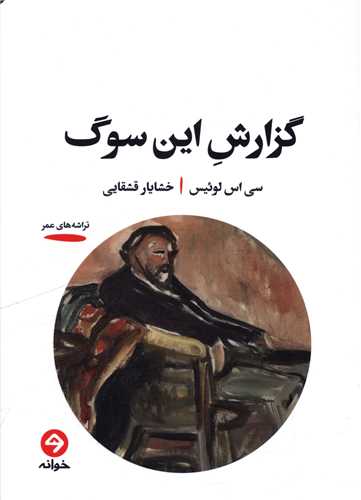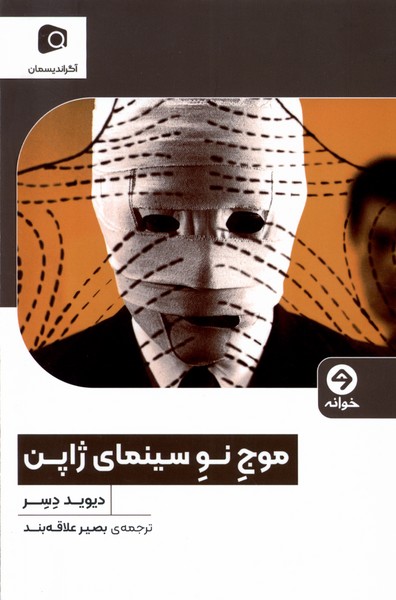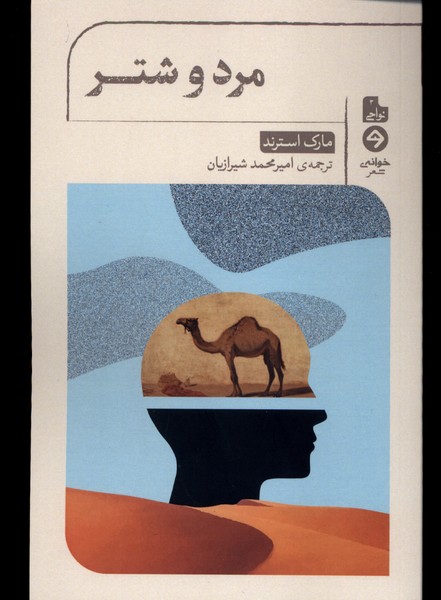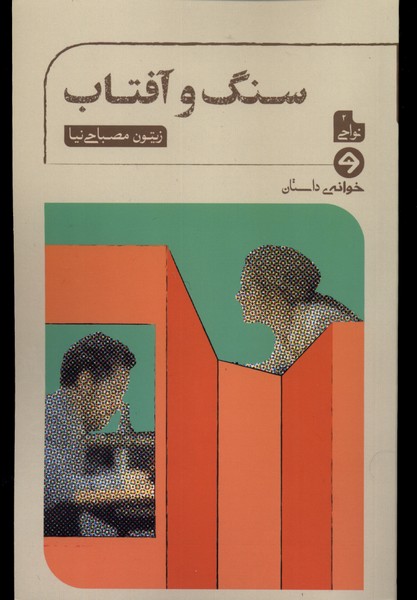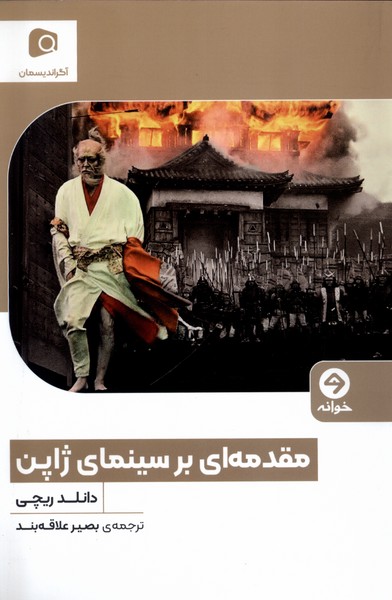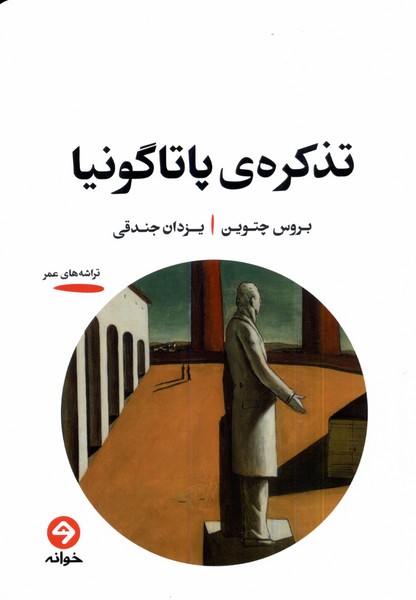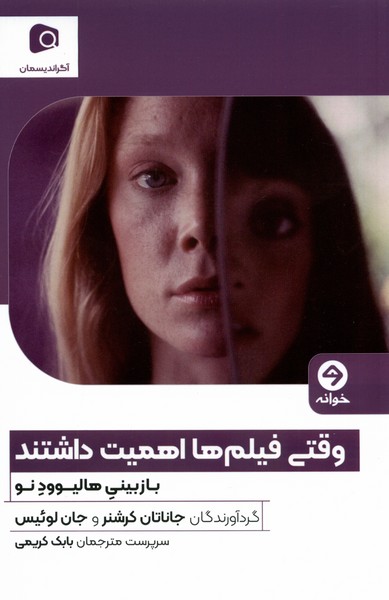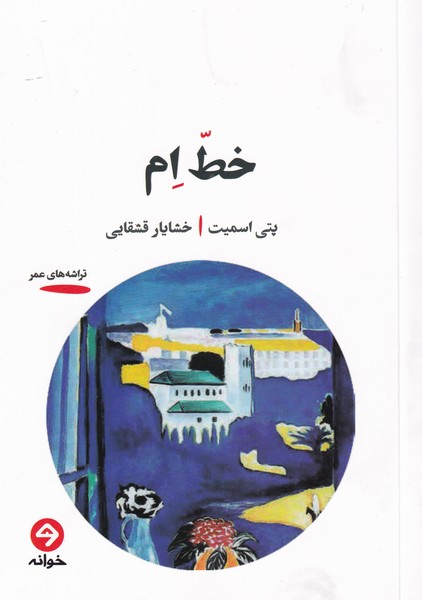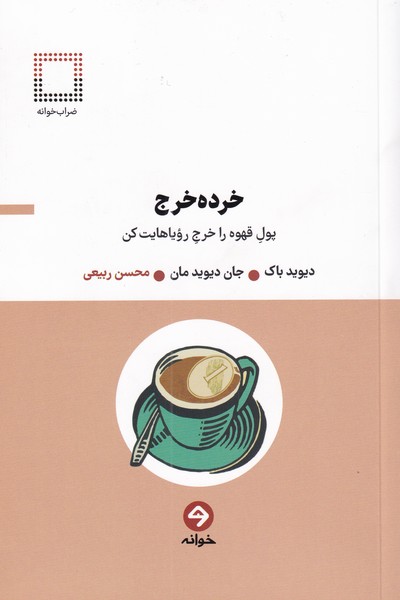Mā bā'ham Pīr Nimī'shavīm: Darbārah-yi Sīnamā-yi Zhān Ustāsh, Murīs Pīyālā va Fīlīp Girl; Sah Fīlmsāz-i Aṣlī-yi Pasā Mawj-i Naw-yi Farānsah: Persiska (Farsi) 2024
ما با هم پیر نمیشویم: دربارهی سینمای ژان اوستاش، موریس پیالا و فیلیپ گرل؛ سه فیلمساز اصلی پساموج نوی فرانسه
25,87 $
Dela
Wishlist
We don't Grow Old Together is compiled into four parts. The first part gives a new picture of French cinema in the 1960s and 1970s and its various currents by comparing the filmmakers of the new wave with the post-new wave. The next three sections are devoted respectively to Jean Eustace, Maurice Piala, and Philippe Grell, the three great post-wave directors.
The focus of the book is three basic ideas and questions: First, how does style change in cinema? From within art or from outside it? With the will of the filmmaker, through what Alois Riegel calls "the will of art", or with the movement of the spirit of history? The second question is less historical and more aesthetic: how does Makholia take an artistic form in cinema? What is the relationship between sadness, time, and image? How is grief manifested in mise-en-scène and editing and how does it affect bodies? Finally, the third question has importance beyond aesthetic and historical issues and reflects an existential and cosmic concern: how to balance chaos and logic? How can you make a movie or live a life that is both accidental and necessary? Valery rightly said: "Two dangers constantly threaten the world: order and disorder." How can we save our world from the danger of both? How to eliminate the conflict between external order and internal freedom and achieve arbitrary order or rule-based freedom? This book wants to show that post-new wave cinema is a beautiful, serious, and sad answer to all three questions above.
more
ما با هم پیر نمیشویم در چهار بخش تدوین شده است. بخش نخست، از طریق مقایسهی فیلمسازان موجنویی با پساموجنویی، تصویری تازه از سینمای فرانسهی در دهههای ۱۹۶۰ و ۱۹۷۰ و جریانهای گوناگون آن به دست میدهد. سه بخش بعدی بهترتیب به ژان اوستاش، موریس پیالا، و فیلیپ گرل، سه کارگردان بزرگ پساموجنویی، اختصاص یافته است.
محور کتاب سه ایده و پرسش اساسی است: اول اینکه سبک چگونه در سینما تغییر میکند؟ از درون هنر یا از بیرون آن؟ با ارادهی شخص فیلمساز، از خلال آنچه آلوئیس ریگل «خواست هنر» مینامد، یا با حرکت روح تاریخ؟ پرسش دوم کمتر تاریخی و بیشتر زیباییشناختی است: ماخولیا چطور در سینما فرمی هنری به خود میگیرد؟ چه رابطهای میان غم، زمان، و تصویر وجود دارد؟ اندوه چگونه در میزانسن و تدوین متجلی میشود و بر بدنها اثر میکند؟ دستآخر، پرسش سوم اهمیتی فراتر از مسائل زیباییشناختی و تاریخی دارد و دغدغهای وجودی و کیهانی را بازتاب میدهد: چگونه میتوان میان آشوب و منطق تعادل برقرار کرد؟ چگونه میتوان فیلمی ساخت یا زندگیای را زیست که همزمان تصادفی و ضروری باشد؟ والری بهدرستی میگفت: «دو خطرْ پیوسته جهان را تهدید میکنند: نظم و بینظمی.» به چه شیوهای میتوانیم جهانمان را یکجا از خطر این هر دو نجات دهیم؟ چگونه تضاد میان نظم بیرونی و آزادی درونی را از میان برداریم و به نظمی دلبخواهی یا آزادیای قاعدهمند برسیم؟ این کتاب میخواهد نشان دهد سینمای پسا موج نو پاسخی است زیبا، جدی، و غمگین به هر سه پرسش بالا.
more

